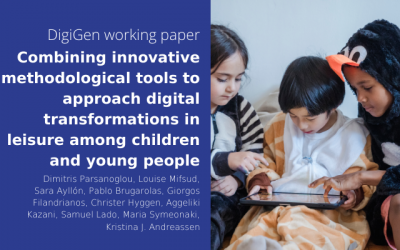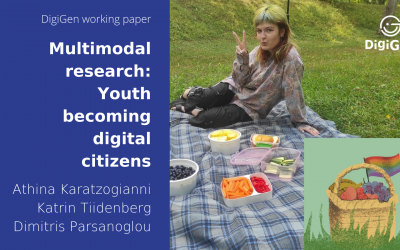53% of Europe’s population between the ages of 6 and 64 plays video games. And, whilst the average age of a player is 32, many players are children. Europe’s video game companies are dedicated to creating games for everyone to enjoy and, also, importantly, to provide safe, responsible environments for those games to be enjoyed in.
Tag:
European Employment & Social Rights Forum 2023: How is Artificial Intelligence shaping work?
Join EU institution representatives, national policymakers, Ministers, business leaders, social partners, civil society, and academia as they delve into the dynamic realm of artificial intelligence and its impact on the world of work.
OPINION: Digital Euro = Digital cash?
The European Commission’s targeted consultation on a digital euro ended on the 16th of June and while the future of our common currency may seem far remote from the concerns of civil society, the stakes are much higher than one might suspect. COFACE-Families Europe answered the consultation underlining the importance of treating money as a public good, and especially, as a vital instrument for citizens to be able to transact freely.
Combining innovative methodological tools to approach digital transformations in leisure among children and young people
There is a lot of discussion in the common discourse revolving around fears that digital technologies are harming children’s wellbeing. Digigen’s latest working paper presents an innovative multimodal approach to investigating how digital transformation affects children and young people’s free time.
Youth becoming digital citizens
One of the focus areas of the DigiGen project aims to address the following question: What are the socio-economic, gendered, and political culture-related issues influencing the digital political engagement of young people? This report offers insights and comparative analysis of the stories young people produced during the digital storytelling workshops in the three countries.






